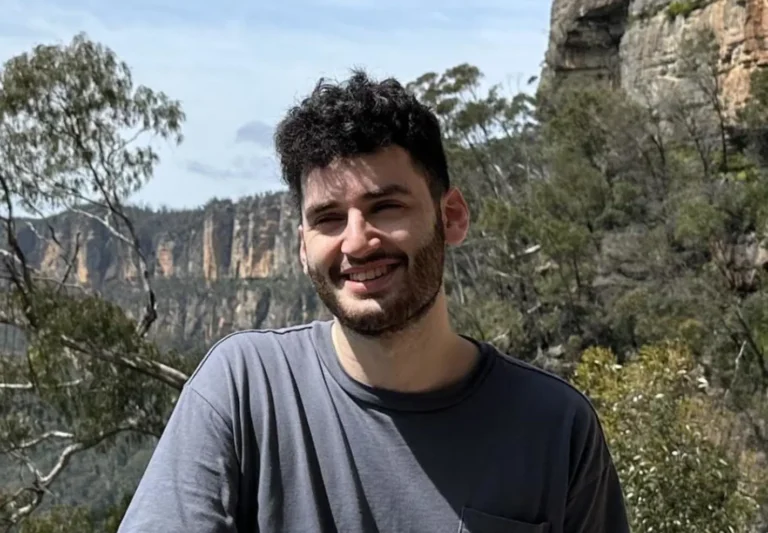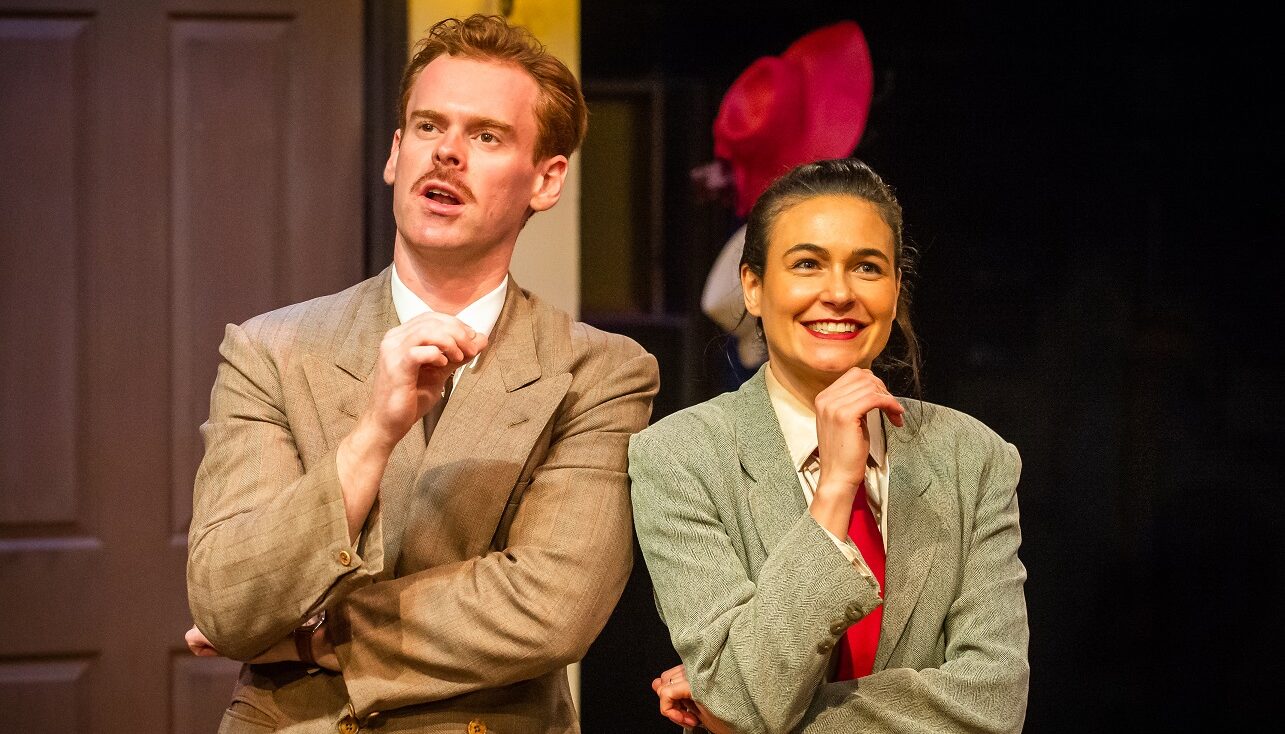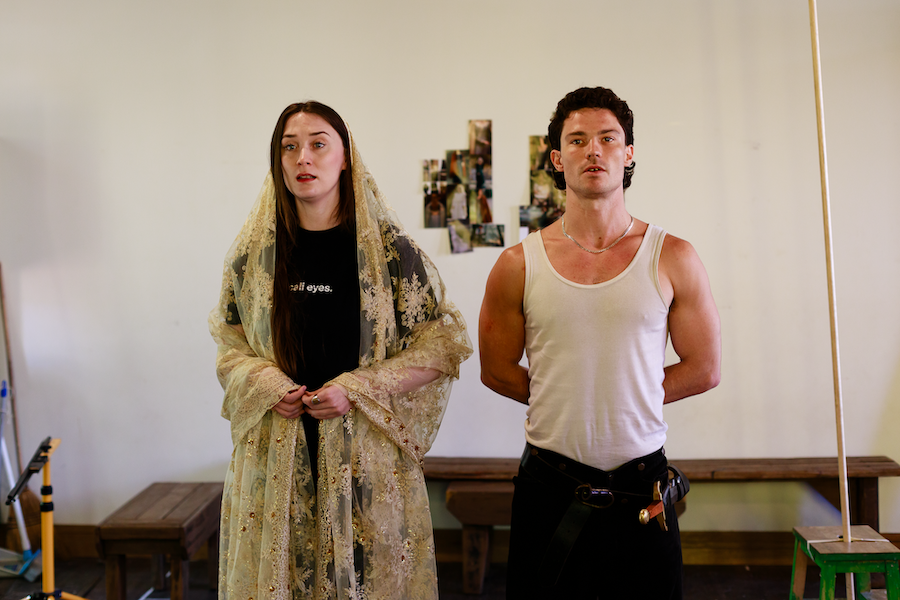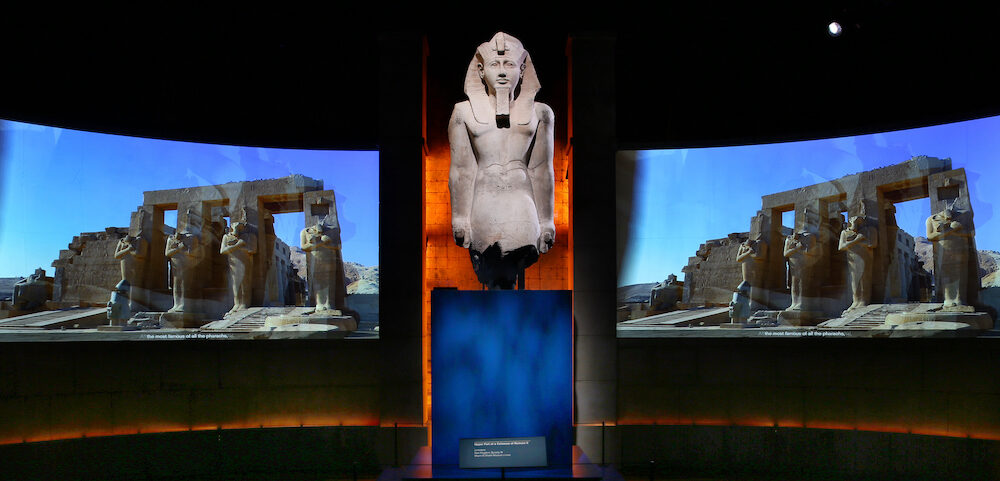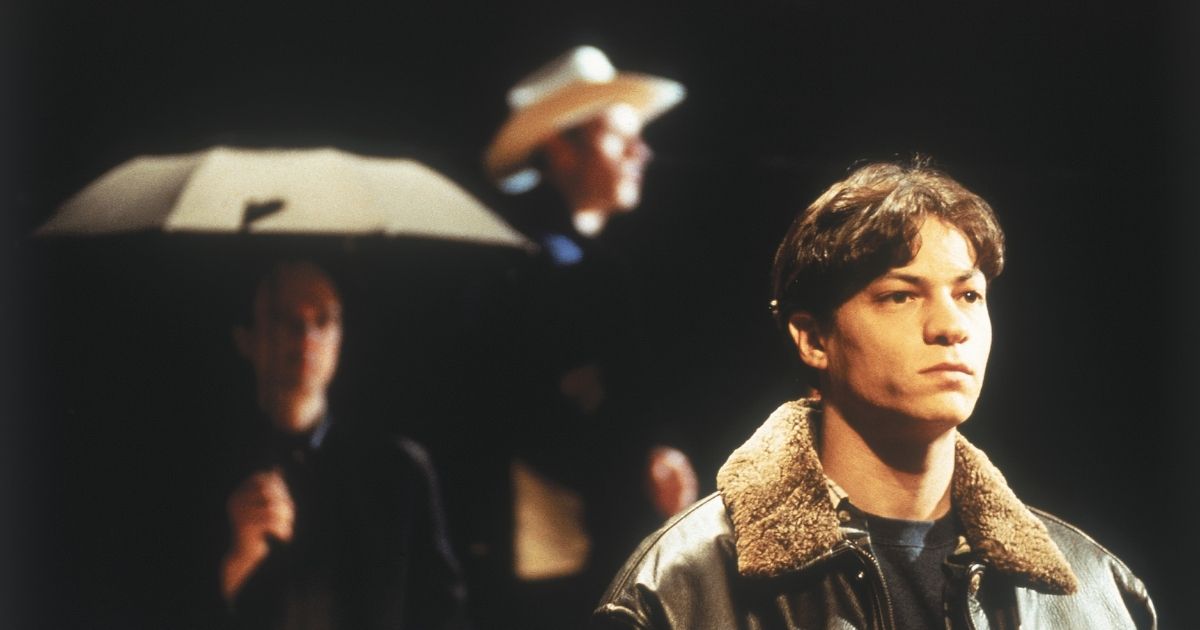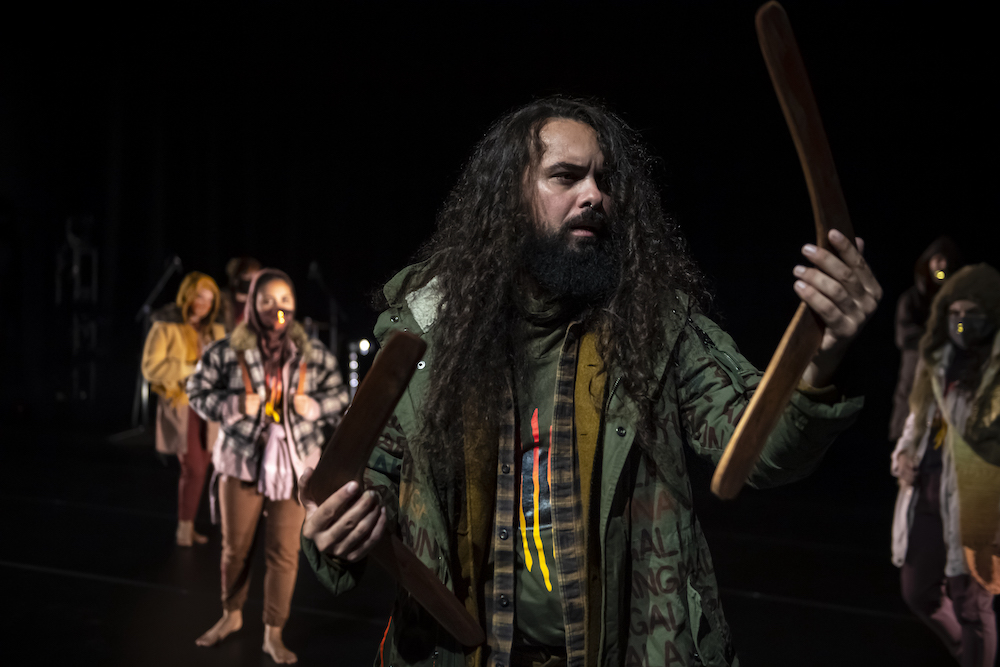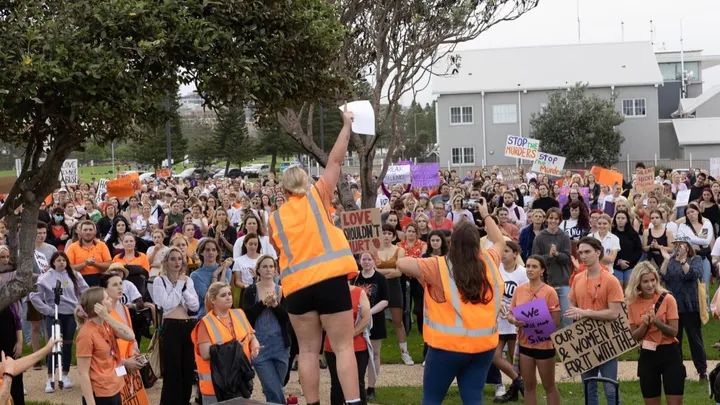
NAKED CITY: PLAYING FOR REAL CHANGE
Have you ever walked through the Devonshire Street tunnel and been fleetingly moved by a busker singing a Bob Marley song, as you casually toss a coin into the guitar case? In the cynical hustle and bustle of this city your immediate thought is that they are just playing for spare change – but maybe there is something much deeper going on.
Throughout the world street musicians represent many different things and whilst we might take them for granted here, in other countries they are often part of a global movement for social protest and change – of the non pecuniary type! It was partly the inspiration of street performers as well as the idea that indigenous musicians from all over the world could be mobilised to create both a solidarity and a united message that saw the formation of the Playing For Change movement.
The project’s aim is to “inspire, connect, and bring peace to the world through music” and it does so by linking musicians of “different geographic, political, economic, spiritual or ideological backgrounds” through multimedia connections, recordings, live performances and through the not-for-profit Playing For Change Foundation.
American Mark Johnson, a Grammy winning record producer and filmmaker is the founder of the project and recently visited Australia to recruit new members for the PFC family. Mark started his journey on the streets of Sydney and went on to discover musicians such as didge player William Barton as well as singer/guitarists Genevieve Chadwick and Kim Churchill.
“It was a two-week trip of recording and filming music everyday. The PFC crew brings a small but great mobile recording studio and some cameras and all the musicians are recorded live outside from the streets to the mountain top. Wherever musicians are inspired to play, that’s where we want to record.”
Whilst many would see much of the Third World being swamped by Western music Mark has a more positive view when it comes to the survival of indigenous music traditions. He explains:
“Throughout our travels around the world I have found that traditional music is an inherent part of most cultures and one of the great sources of pride and hope within its community. I think the roots or traditional music of any culture tend to evolve over time and become something new with each generation. As long as the music plays the culture lives on.”
Mark sees the PFC project, which has already connected over 200 million people world wide and racked up over a billion YouTube views as an infinite journey.
“The great thing about Playing For Change is that it never ends. There are always more people to connect, more songs to record and more schools to build. I want to continue to discover the roots of the Blues in West Africa and reconnect those cultures separated through the slave trade through their music. From West Africa to Cuba, Brazil and the Americas. From there who knows, we will travel wherever the music takes us.”
He is particularly inspired by the the Playing For Change band, which is the flagship of the project, and has toured all over the world.
“The most rewarding thing about touring with the PFC Band is seeing great musicians from such different backgrounds get the ability to reach a wider audience and show the world that no matter how many things in this life divide us, they are never as strong as the things that bring us together. The PFC Band is led by Grandpa Elliott who has been playing on the streets of New Orleans for over 60 years and he represents the soul and conviction of music in every note he sings.”
The Byron Bay Bluesfest has brought the Playing For Change band to Australia for a national tour and Sydneysiders can catch them at the Factory Theatre on Monday 1 April. This remarkable eleven piece group features musicians from four different continents including Grandpa Elliott from New Orleans, Clarence Bekker from the Netherlands, Tula from Israel, Titi Tsira from South Africa, Jason Tamba and Mermans Mosengo from Congo, Louis Mhlanga from Zimbabwe, Orbe Ortiz from Cuba, Peter Bunetta and Tom Canning from the USA and Robert Luti from Italy.
